Smarter Classrooms for Today and Tomorrow
eSchool News
MAY 1, 2024
Smarter classrooms leverage cutting-edge technologies to create immersive, personalized learning experiences with unlimited online resources that cater to diverse learning styles. Innovations nurture essential skills such as critical thinking, problem-solving, collaboration, creativity, and adaptability.

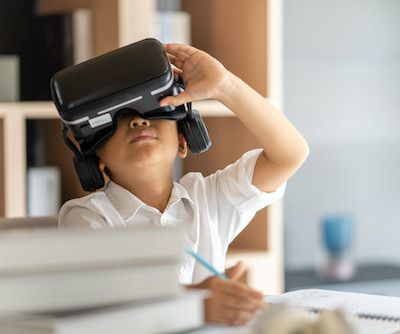
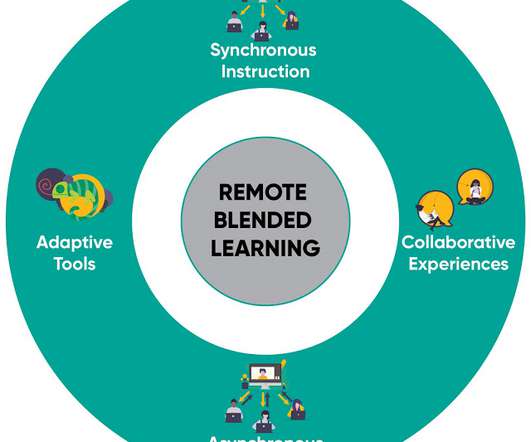
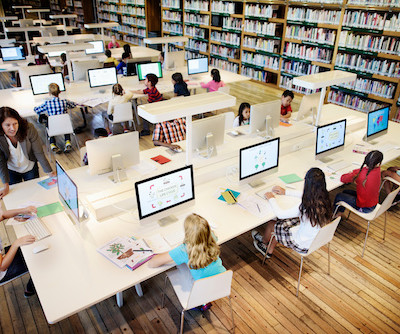
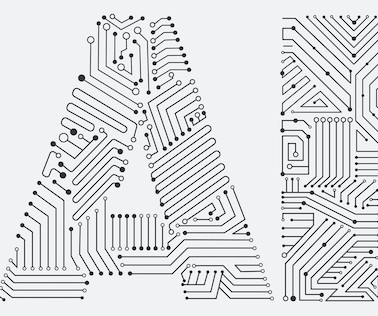
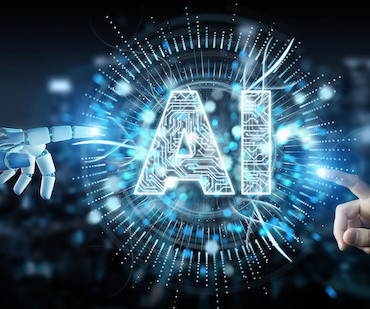










Let's personalize your content